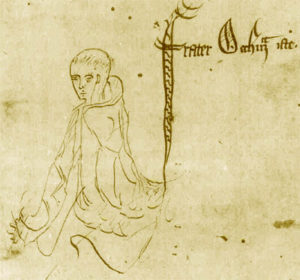

Toronto: Pontifical Institute of Mediaeval Studies. Summa super Priscianum, 2 vols (ed.: Reilly, L.).

De puritate artis logicae Tractatus Longior (ed.: Boehner P.). Summulae de suppositionibus (ed.: van der Lecq R.). Supposition theory acquired its first mature form in the thirteenth century, with the terminist/summulist tradition (in the works of William of Sherwood, Peter of Spain, Roger Bacon, and Lambert of Lagny/Auxerre), and was further developed in the fourteenth century by authors such as Walter Burley, William of Ockham, and John Buridan. The theory emerged in the twelfth century, and the two main traditions contributing to its development were the tradition of commentaries on Aristotle’s Sophistical Refutations and the tradition commenting on the fourth-century grammarian Priscian. The different kinds of supposition are attempts to capture the phenomenon of semantic variation prompted by different propositional contexts. Supposition is the property of terms (occurring in propositions) of standing for things, so that these things can be talked about by means of propositions, and supposition theory (in its different versions) is a theory codifying the different uses of terms in propositions, based on the idea that one and the same term can stand for different things when occurring in different propositional contexts.

Supposition theory is one of the most important later medieval semantic theories (in the Latin tradition).


 0 kommentar(er)
0 kommentar(er)
